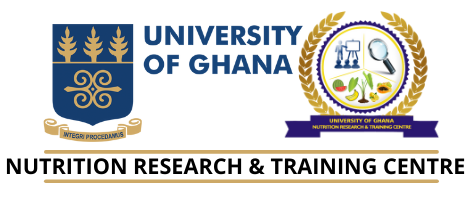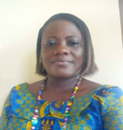Vida Korleki Nyawornota is an assistant lecturer with the Physical Education and Sports Studies Department at the University of Ghana Legon. She is a final year PhD student of the Regional Institute for Population Studies at the University of Ghana. She obtained her MPhil in Health Policy Planning and Management from the School of Public Health at the University of Ghana Legon in 2010 and a Bachelor of Education in Physical Education in 2002 at the University of Education, Winneba. Her Ph.D. thesis focused on the perceived neighbourhood environment and physical activity in Ghana to examine how neighbourhood environment attributes influence the physical activity behaviour of Ghanaians. Findings from the study will help promote and increase physical activity levels towards reducing the high rate of inactivity, sedentary behaviour, and related risk of non-communicable diseases (NCDs)in Ghana,
Vida is a member of the Active Healthy Kids Ghana (AHKG), a team that published the 2014, 2016, and 2018 Ghana Reports Card on Physical Activity for Children and Youth. She is an international trainer for the Youth Sport Trust International UK (YSTI UK) and has undertaken youth sport development projects and pedagogical training in Bahrain, Oman, the Kingdom of Saudi Arabia, Paris, the United Arab Emirates (UAE), and Ghana. She also collaborated with UNICEF, the British Council, and the Ghana Education Service for Ghana’s youth empowerment training program. Her research interests include children and adolescent physical activity, overweight, the built environment, and active transportation. She is also interested in youth empowerment through sports. She is passionate about developing entrepreneurial and life skills in the youth using the power of sports and physical activity. Through QES scholar training, Vida hopes to improve her research and teaching skills, acquire new skills in community capacity building and youth empowerment especially females, and be mentored by experts to build her capacity. QES training will also provide her an opportunity to network and collaborate with other researchers from diverse backgrounds.

